Singaporean appointed to WHO expert panel so sought-after he has 2 jobs in 2 countries
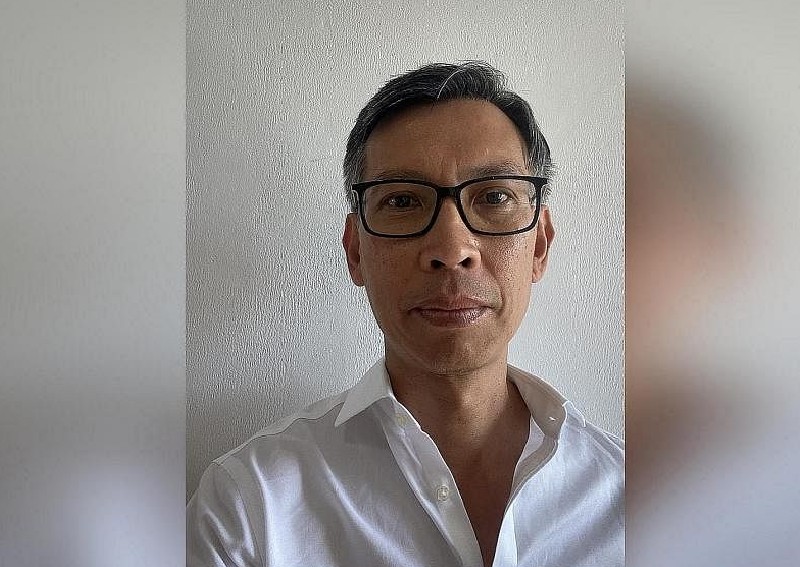
A Singaporean doctor who is one of the top cell therapy experts in the world has been appointed to a World Health Organisation (WHO) expert panel.
Dr Mickey Koh is so sought-after in his field that for the past 15 years, he has been holding two jobs in two different countries.
The 56-year-old shuttles between England and Singapore, spending six weeks at a time in London, where he oversees the haematology department and looks after bone marrow transplant patients at St George’s University Hospital, before returning to Singapore for a week and a half to head the cell therapy programme at the Health Sciences Authority.
Cell therapy is a growing field of medicine that uses living cells as treatment for a variety of diseases and conditions. This is an increasingly important therapeutic area and both his employers have agreed to his unusual schedule.
Over in London, Dr Koh is head of the Haematology Department at St George’s Hospital and Medical School. In Singapore, he is the programme and medical director of the cell and gene therapy facility at the Health Sciences Authority.
In May, Dr Koh was selected to be on the WHO Expert Advisory Panel on Biological Standardisation.
Individuals on the panel have to be invited by WHO to apply, and are well recognised in their respective scientific fields. Eminent names on the panel include the current president of the Paul-Ehrlich-Institut in Germany, which is the country’s federal agency, medical regulatory body and research institution for vaccines and biomedicine.
The WHO panel, which is made up of about 25 members, provides detailed recommendations and guidelines for the manufacturing, licensing and standardisation of biological products, which include blood, monoclonal antibodies, vaccines and, increasingly, cell-based therapeutics.
The recommendations and advice are passed on to the executive board of the World Health Assembly, which is the decision-making body of WHO.
Dr Koh’s role had to be endorsed by the British government and was a direct appointment by the director-general of WHO.
His appointment as a panel expert will last for a term of four years.
Speaking to The Straits Times, Dr Koh shared his thoughts about the importance of regulation: “We are well aware that there is a very lucrative worldwide market peddling unproven stem cell treatments, where side effects are often unknown, and such unregulated practise can result in serious harm.
“This is already happening. People are claiming that you can use stem cells to treat things like ageing, and even very serious conditions like strokes, without any evidence.”
With many medications now taking the form of biologics – a drug product derived from biological sources such as cells – the next wave of treatment would be the utilisation of these cells for the treatment of a wide range of diseases, Dr Koh said.
Some examples include the use of immune cells to target cancers and infectious diseases, as well as harnessing the regenerative power of stem cells.
Citing an example of chimeric antigen receptor (CAR) T-cells, which are genetically modified T cells, a type of white blood cells, Dr Koh said: “This form of cell therapy has been shown to be far superior in treating blood cancers (acute leukaemia) compared with chemotherapy and radiotherapy, and has even managed to rescue patients who failed (to respond to) a bone marrow transplant.
“In such patients, who suffer a relapse of acute leukaemia and have received and failed (to respond to) every single conventional treatment, one single infusion of these CAR T-cells can result in their cancers going into remission, more than 70 per cent of the time.”
Dr Koh is also the vice-president of a non-profit international organisation known as the Worldwide Network for Blood and Marrow Transplantation (WBMT).
This unique umbrella organisation comprises many international societies focused on bone marrow transplant and cell therapy.
Dr Koh has led teams on behalf of WBMT to advise governments in setting up bone marrow transplant programmes.
Despite all the travelling, he said he is fortunate that he does not suffer much from jet lag.
“Perhaps it’s the coffee, perhaps I am just a usually hyperactive person who doesn’t need too much sleep. Perhaps, the many years working unusual hours as a junior doctor prepared me well,” said the movie buff.
The past two years of pandemic lockdowns and travel restrictions were very challenging for frequent fliers like Dr Koh.
He was unable to travel back to Singapore for most of 2020 and had to quickly adapt to working virtually. This meant remote lab meetings, e-mail exchanges, and adjusting his schedule in London so that it matched the working hours in Singapore.
“That essentially meant I was working some 16 hours a day on my work in the UK, Singapore and internationally. I am extremely fortunate to have nurtured an excellent A-list team comprising consultants, lab directors, scientists and quality managers who were all able to continue my work in Singapore as usual with remote supervision from me,” Dr Koh said.
Finding his work fulfilling and meaningful despite having to straddle continents and time zones, Dr Koh said he will continue in his roles.
“In many ways, this unusual working arrangement has made me understand the complexities of different healthcare systems in different countries, and the pros and cons of each. It taught me not only how to be flexible, but also how to work differently in the two countries,” he added.


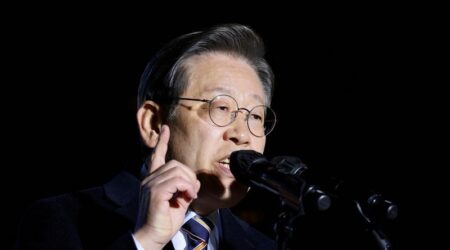

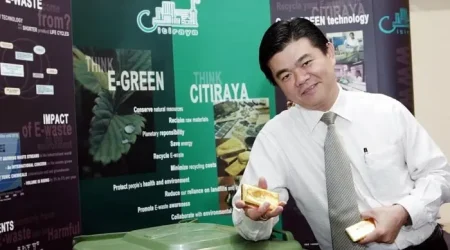

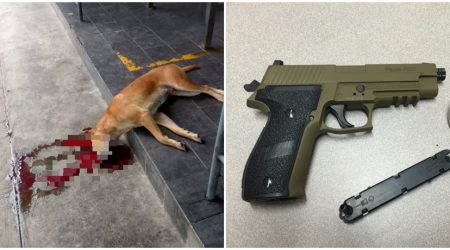
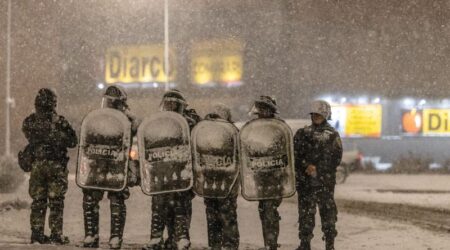

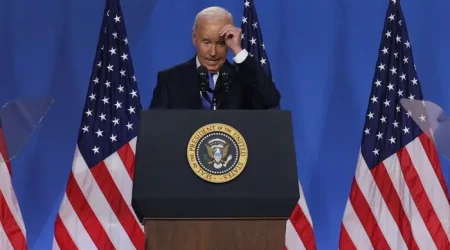
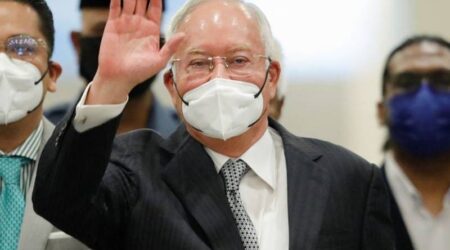
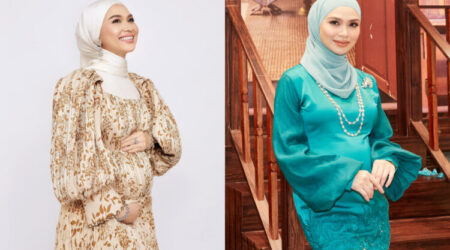
Leave a Reply